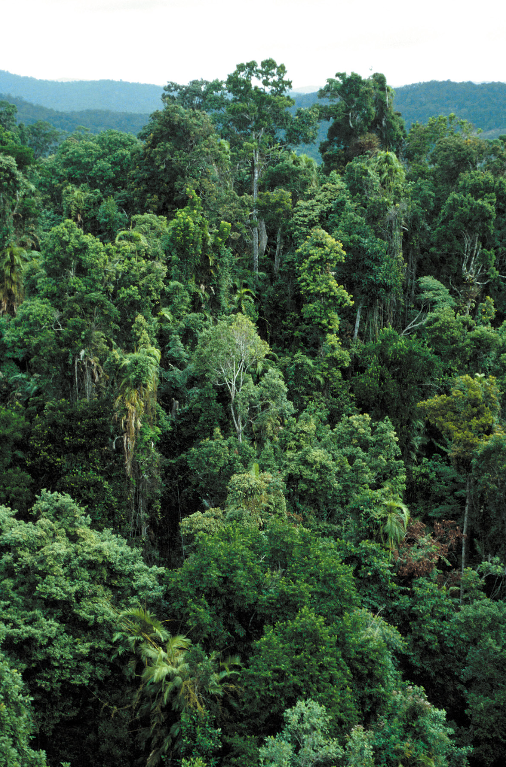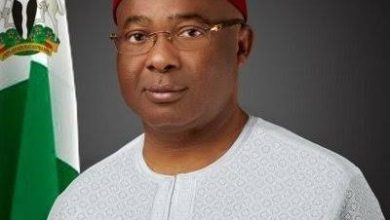Health
Nigerian and zoonotic disease threats

By Adeze Ojukwu
New and emerging diseases are on the rise across the world, particularly in Nigeria and the Global South.
Sadly, the nation, is so shackled by indescribable social, political and economic woes, to adequately contend with these looming plagues.
Nevertheless, COVID-19 and its devastating effect on lives and livelihoods, did not just create a new norm, but also exposed the risks of deadly pathogens and parasites.
Scientists have continued to resound this threat.
Experts blame humanity and the humongous exploitation of the ecosystem for these menacing maladies.
Such ailments, scientifically categorized as “Zoonoses are defined as those diseases and infections naturally transmitted between people and vertebrate animals.”
As man continues to push his boundaries and territories, deadly viruses and infections will remain an existential challenge to the earth and habitat.
What should be done to mitigate this danger?
The answer lies in, a spectrum of strategies, ranging from basic personal hygiene to national and global policies, that will restore the stability of the ecosystem and steadily reduce the colossal encroachment of nature.
The reckless exploitation of the ecosphere, unleashed by the industrial revolution, globalization and digitalization agenda, have all culminated in the current inferno, afflicting nations, plant and animal kingdoms.
From the little mosquito that spreads malaria, yellow fever, dengue to typhoid, worms to life-threatening conditions as cancer, organ failure, respiratory and gastrointestinal infections as well as pandemics, the inevitability of catastrophic disease upsurge is undeniable.
The world is still grappling with Monkey pox and the latest adversary, named Marburg virus.
It is time for the world’s to take a holistic approach to these dangers, to save both humanity and other planetary life forms from implosion.
The statistical data, by the United Nations(UN) World Health Organization (WHO) and United Nations Environment Programme (UNEP) on this menace is startling.
In its publication entitled: “Zoonotic disease: emerging public health threats in the Region,” the Organization mondial de la Sante harped on the urgency for a comprehensive approach.
“Globally, about one billion cases of illness and millions of death occur every year from zoonoses. Some 60 percent of emerging infectious diseases that are reported, globally are zoonoses.”

The three classes include endemic zoonoses which are present in many places and affect many people and animals and epidemic zoonoses which are sporadic in temporal and spatial distribution. The third category includes “Emerging and re-emerging zoonoses.”
These are “newly appearing in a population or have existed previously but are rapidly increasing in incidence or geographical range. Examples of the latter include Rift Valley fever, SARS, pandemic influenza H1N1 2009, Yellow fever, Avian Influenza (H5N1) and (H7N9), West Nile virus and the Middle East respiratory syndrome coronavirus (MERS-CoV).”
“Over 30 new human pathogens have been detected in the last three decades, 75 percent, of which have originated in animals. The emerging zoonoses are a growing public health threat in the Eastern Mediterranean Region of WHO.”
“In the last two decades, emerging zoonotic diseases have been reported from 18 out of 22 countries in the region, often, with explosive outbreaks and high fatalities never seen in any other WHO region.”
“The recent emergence of MERS-CoV exemplifies that the occurrence of these infections are unpredictable as they originate from animals, often these infections are caused by novel viruses and are only detected when outbreaks occur.”
The implications are quite monumental and ubiquitous.
“As the region remains at the cross road of repeated outbreaks from emerging infectious diseases, international travel to and from the region either, due to tourism, business or religious reasons, globalization and variable levels of health systems and their capacities to early detect epidemics have been identified as significant risk factors for emergence and rapid international spread of infectious diseases with zoonotic origin.”
Africa, home to immense wildlife and aquatic creatures and forests, is a major hotspot for animal-linked pandemics.
Sub-Saharan African countries, according to experts, are at high risk. For decades they have had to contend with incidences of Ebola, Lassa fever, malaria, worm infestations, as well as air and waterborne diseases.
These outbreaks are heightened, in Nigeria and other affected nations, by conflicts, political instability, bad governance, corruption, poor health systems and lack of basic necessities of life.
Over 130 million Nigerians are trapped in abject poverty and destitution. Many subsist on less than a dollar, but scavenge food from refuse dumps. A significant percentage of the population lacks access to potable water, nutritious food, adequate housing and unsanitary practices. As a result, the nation’s Human Development Index(HDI) and life expectancy profile are abysmal, despite its massive human and natural wealth.
The need to intensify public health information particularly in rural communities, urban slums and high risk zones.
Another major step is to improve infrastructure and access to finance, in order to empower citizens, particularly locals with adequate information, resources and programmes that will enable them to support appropriate dietary, healthy and environmental lifestyles.
These fundamental initiatives will, go a long way, in mitigating zoonotic diseases, climatic diseases and environmental destruction.
Additionally, such national policies will also boost the new global campaign for a green economy.
Green Economy, is defined by UNEP as “one that results in improved human well-being and social equity, while significantly reducing environmental risks and ecological scarcities.”
“In its simplest expression, a Green Economy can be considered as one that is low in carbon, resource efficient and socially inclusive.”
This is certainly the way to go, in order to make the earth a safe and fit place for the habitat and all inhabitants.
According to UNEP, Green Economy, in the context of sustainable development and eradication of poverty, was recognized, as a tool to achieve sustainable social, economic and environmental development.
.Ojukwu is a journalist, author and Fellow of US-sponsored Hubert H. Humphrey Fellowship, a Fulbright programme. She is also campaigner and advocate for improved socio-economic for all citizens. Please kindly send feedback to [email protected]





